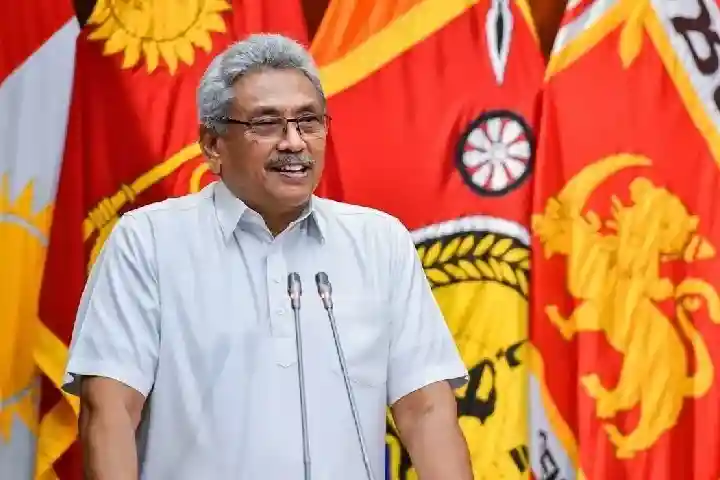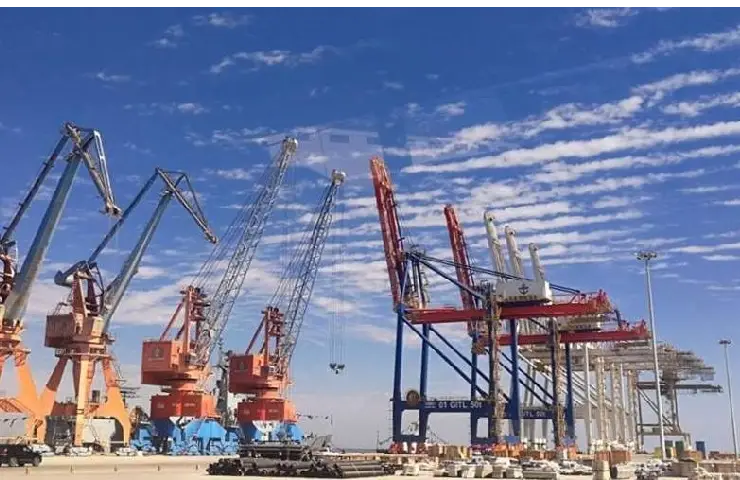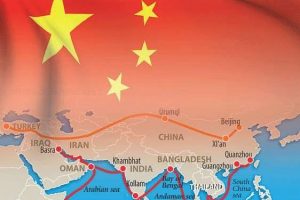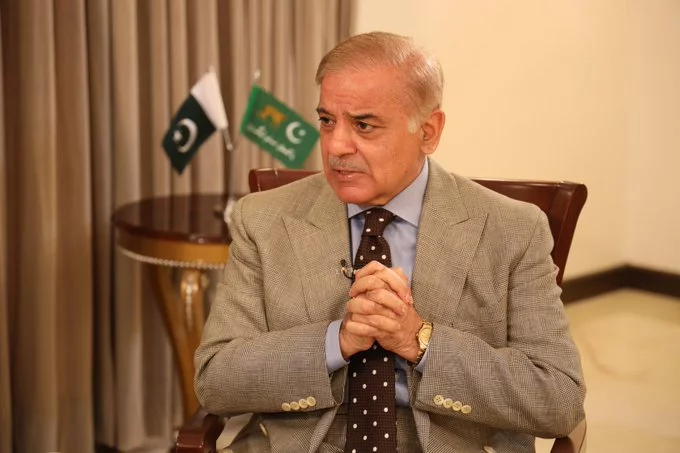As the economic crisis deepens in Sri Lanka pushing the island nation on the brink of bankruptcy, scores of citizens are looking to relocate to other countries. Citizens, who have been hit by rising inflation, shortage of food items and gas supply, feel that the economic situation in the new year will only worsen.
According to a recent report by the Guardian, long queues have formed at the passport office as one in four Sri Lankans — mostly the young and educated — are hoping to leave the country. “For older citizens, it is reminiscent of the early 1970s when import controls and low production at home caused severe shortages of basic commodities and caused long queues for bread, milk and rice,” the report said.
Latest data released by Sri Lanka’s central bank revealed that food inflation (Y-o-Y) increased to 22.1 per cent in December 2021 from 17.5 per cent in November.
Rating agency ICRA Lanka said that “people are forced to eat less on soaring food prices as high as 20 per cent,” Daily Mirror noted.
Unemployment is steadily rising since last 2020, when the outbreak of the Covid 19 pandemic hit the world. Sri Lanka’s already battered economy contracted by 1.5 per cent in the third quarter this year.
“There is anxiety among people here with shortage of essential items hitting daily life, the worst impacted are the common people and those with limited resources,” said a resident of Colombo. While Colombo’s foreign exchange reserves have increased to $3.1 billion from $1.6 billion in November of 2021, Sri Lanka will have to repay about $7.3bn in domestic and foreign loans. This also includes a $500m international sovereign bond repayment slated this month.
The Guardian said that Colombo owes China more than $5bn in debt and last year took an additional $1bn loan from Beijing to help with its acute financial crisis, which is being paid in installments.
Though the economic impact of the Covid 19 pandemic was particularly harsh on Sri Lanka which primarily depends on the tourism sector for employment, the crisis-like situation is also due to the mishandling of policies by the government.
An Observer Research Foundation study noted that as global food prices have risen, countries like Sri Lanka have borne the brunt given their reliance on imports to sustain themselves. “Tourism sector has been hit due to the pandemic and this is a sector which generates maximum revenue for the island nation. The result has been a depreciation in Sri Lankan rupee, thereby putting more pressure on the country’s foreign exchange reserves,” it said.




















